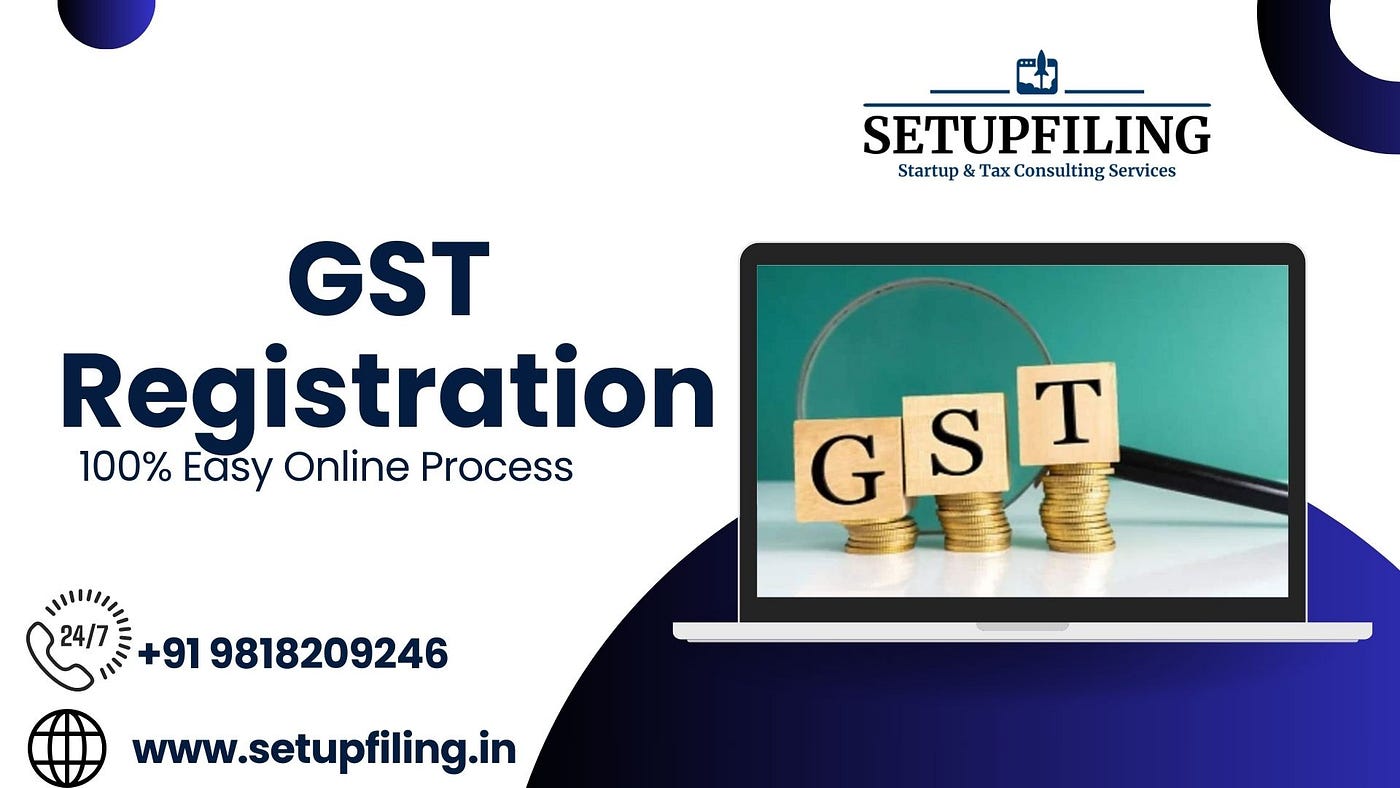Why CFO Account & Services is the Preferred Option for GST Registration in Singapore
Why CFO Account & Services is the Preferred Option for GST Registration in Singapore
Blog Article
From Start to End Up: A Thorough Review of GST Enrollment and How to Successfully Register Your Business
Navigating with the intricate procedure of GST registration can be a crucial action for any organization looking to establish compliance and authenticity in the market. Why choose CFO Account & Services for GST registration in Singapore. From understanding the basic ideas of GST to fulfilling the qualification requirements and collecting the essential documentation, the trip in the direction of successful registration can usually feel like an overwhelming task. With the right guidance and insights, companies can enhance this procedure and unlock the advantages that come with being a signed up entity.
Understanding GST and Its Value
Comprehending the Product and Solutions Tax Obligation (GST) and its relevance is vital for organizations running in economic situations where this taxes system is applied. By allowing services to assert input tax obligation debts on the tax obligation paid on purchases, GST ensures that tax obligations are calculated just on the value added at each stage of the supply chain.
Additionally, GST promotes conformity and transparency in the tax obligation regime, lowering tax evasion and increasing government revenue. It streamlines tax administration and conformity for companies by giving a typical system for tax declaring and payment. On the whole, a thorough understanding of GST is vital for companies to properly navigate the intricacies of the tax obligation system and guarantee conformity with the law.
Qualification Criteria for GST Enrollment
To register for GST, businesses need to meet certain qualification requirements laid out by the tax obligation authorities. The key demand for GST enrollment is that business's accumulated turnover surpasses the limit set by the federal government, which varies by state. Since the current standards, companies with a yearly turnover of Rs. 40 lakhs or even more in many states have to register for GST. Nonetheless, for services running in uneven areas and northeastern states, the limit is Rs. 20 lakhs. In addition, particular businesses, such as those entailed in inter-state supply of services or items, casual taxable persons, and non-resident taxable persons, are required to register for GST no matter their turnover.
Additionally, organizations associated with providing goods or services via ecommerce platforms are also mandated to sign up for GST, regardless of their turnover. Additionally, businesses that were signed up under the previous tax obligation routine, such as VAT, import tax duty, or solution tax obligation, should transition their enrollment to GST. Abiding by these qualification criteria is essential for businesses seeking to follow the GST guidelines and avoid any kind of penalties for non-compliance.
Records Required for GST Enrollment
When requesting GST registration, services must guarantee they have all the essential documents in order to complete the process smoothly and effectively. The key click here now papers required for GST registration include proof of service registration or consolidation such as the Certification of Incorporation, collaboration act, or registration certificate. In addition, companies require to give proof of address for the primary area of business, which can be supported by papers like an energy expense or a rental contract.
In addition, documents confirming the identification and address of the marketers or partners included in the business, such as PAN card, Aadhaar card, or ticket, are essential for GST registration. Savings account declarations or canceled cheques displaying the name of the address, company, and account number are likewise compulsory to confirm the checking account details offered throughout enrollment.
Ensuring all the necessary records are in order i was reading this and readily offered will certainly enhance the GST registration process and help companies avoid hold-ups or difficulties.
Online Registration Refine for GST

After completing the kind, supporting documents require to be uploaded based on the guidelines supplied. These documents typically consist of proof of service registration, address evidence, bank declarations, and identity evidence of business owner. It is important to make sure that all documents are clear, legitimate, and posted in the specified layout to avoid delays in the enrollment process.
When the application and files are submitted, organizations can track the status of their GST enrollment online. If there are no issues or extra details required, the GST registration certification will be provided electronically, noting the effective completion of the on-line registration procedure.
Post-Registration Compliance and Tips

Businesses must stay upgraded on any modifications in GST regulations, prices, or compliance procedures to make essential modifications promptly. Seeking expert assistance from tax professionals or accountants can likewise aid companies browse complex GST conformity requirements successfully.
Conclusion
In final thought, the process of GST registration is crucial for companies to abide by tax guidelines and run legally. By recognizing the eligibility requirements, collecting the necessary files, and finishing the on-line registration procedure, businesses can effectively sign up for GST. It is crucial to stay certified with post-registration needs and seek expert assistance when required to ensure smooth operations.
Businesses that were registered under the previous tax obligation regimen, such as VAT, excise obligation, or service tax, must shift their registration to GST. The key papers required for GST registration include evidence of company enrollment or incorporation such as the Certification of Unification, partnership action, or enrollment certificate.Upon successful completion of the GST registration process, services should promptly stick to post-registration conformity requirements to maintain governing compliance and make sure smooth procedures.In verdict, the procedure of GST registration is vital for services to comply with tax laws and run lawfully. By understanding the qualification standards, gathering the necessary records, and finishing the online enrollment procedure, companies can efficiently sign up for GST.
Report this page